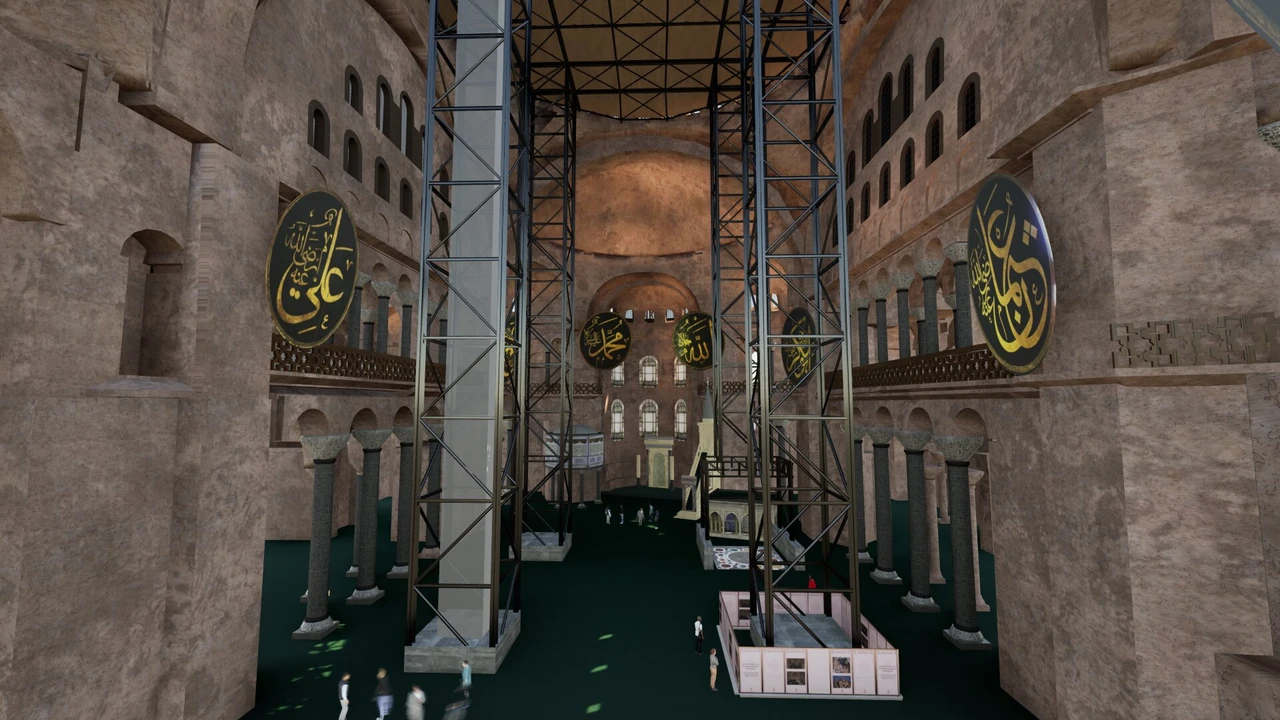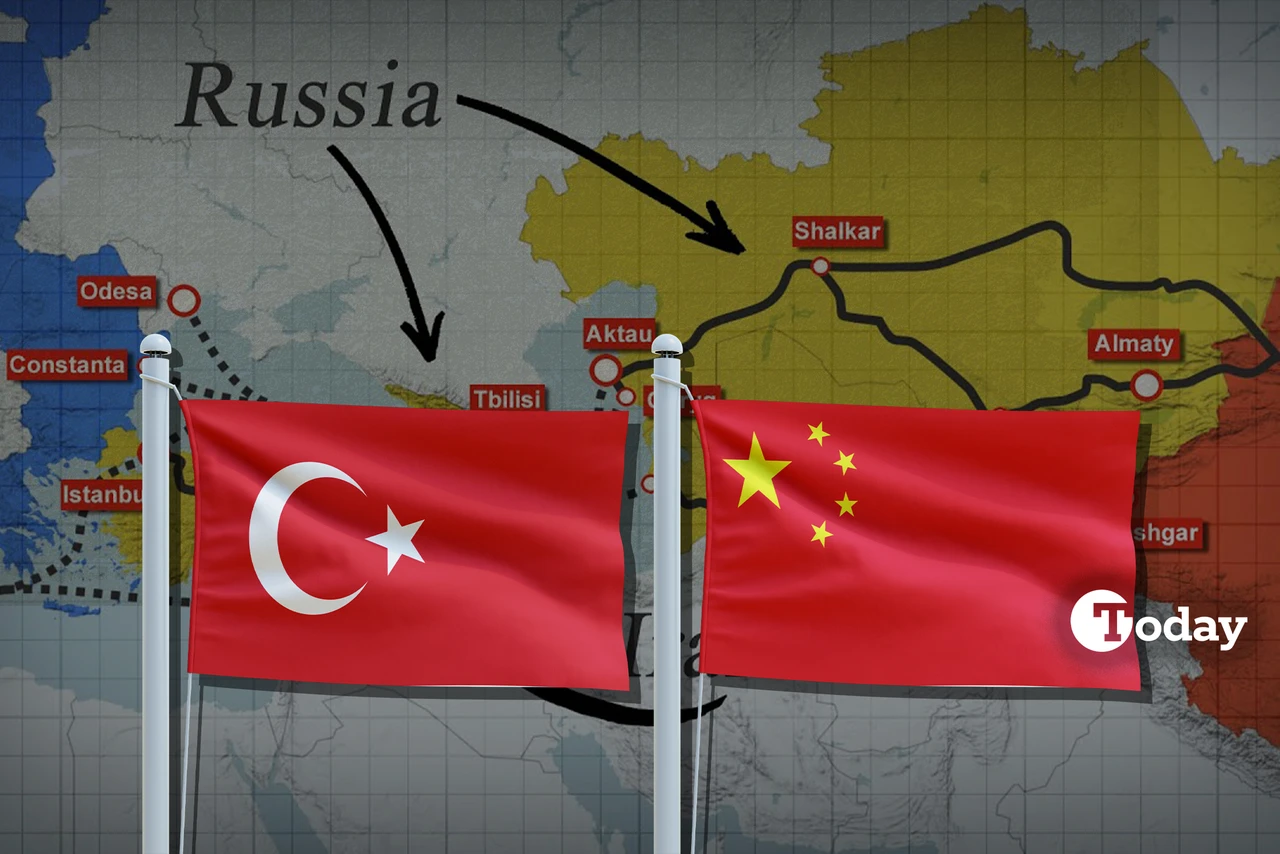Türkiye condemns attack on Zamzam refugee camp in Sudan
 People who fled the Zamzam camp for the internally displaced after it fell under RSF control, rest in a makeshift encampment in an open field near the town of Tawila in war-torn Sudan's western Darfur region on April 13, 2025. (AFP Photo)
People who fled the Zamzam camp for the internally displaced after it fell under RSF control, rest in a makeshift encampment in an open field near the town of Tawila in war-torn Sudan's western Darfur region on April 13, 2025. (AFP Photo)
The Ministry of Foreign Affairs of Türkiye issued a statement strongly condemning the recent attacks on the Zamzam Refugee Camp near El Fasher, in Sudan’s North Darfur state.
The attacks resulted in the deaths of humanitarian aid workers and numerous civilians.
The ministry stated, “We condemn the attacks carried out on the Zamzam refugee camp near Al Fasher, Sudan, which resulted in the killing of humanitarian aid workers and many civilians.”
“Targeting civilians cannot be justified under any circumstances. We reiterate our call for an immediate end to the siege of Al Fasher and the suffering of the Sudanese people,” the statement noted.
The statement also confirmed Türkiye’s firm support for Sudan’s territorial integrity and sovereignty by stating, “We reaffirm our strong support for the territorial integrity and sovereignty of Sudan.”
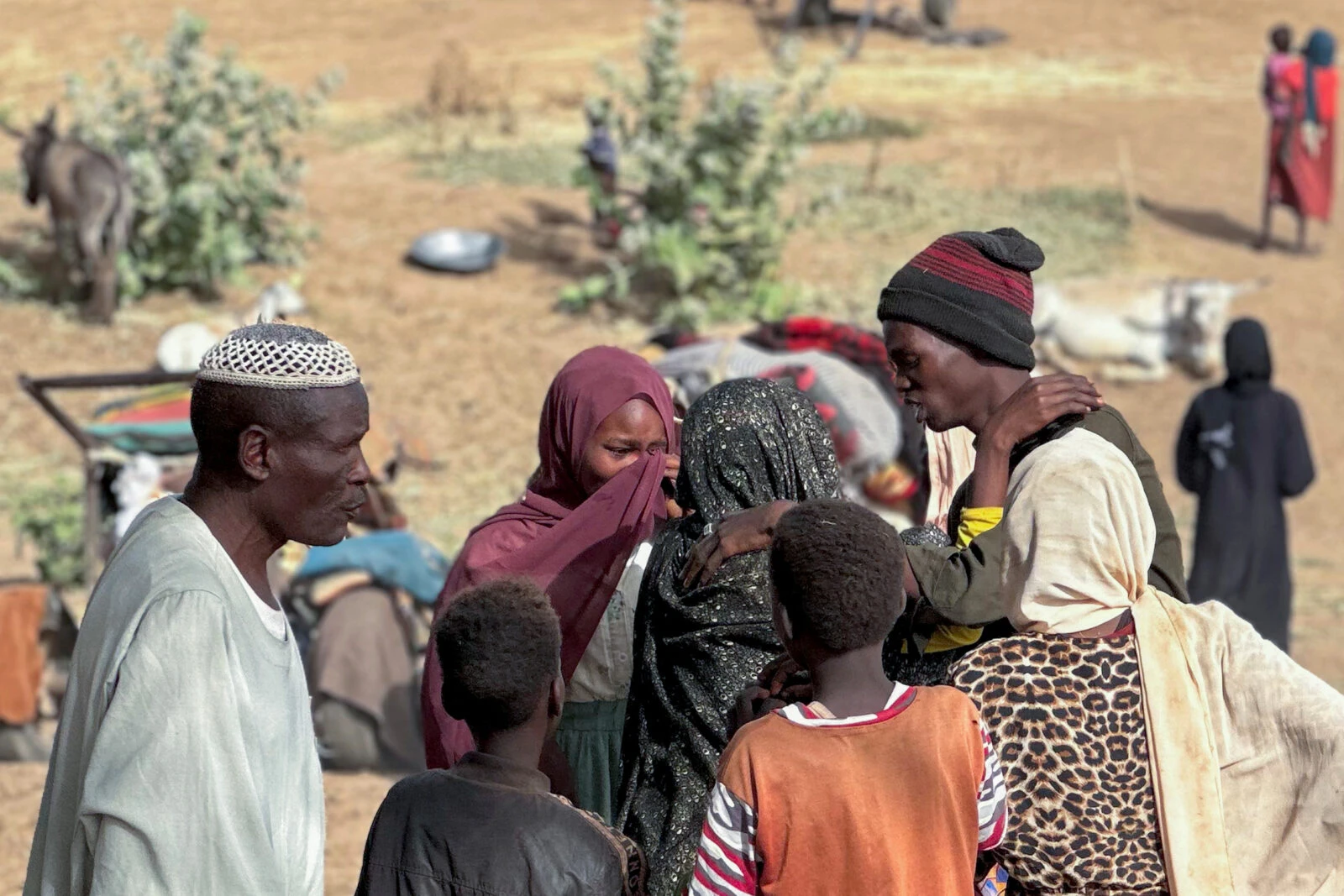
Over 100 killed in El Fasher as violence escalates
According to the Sudanese army, the Rapid Support Forces (RSF) carried out a deadly assault on the Zamzam camp for internally displaced persons in North Darfur, killing at least 74 people.
The United Nations Independent International Fact-Finding Mission for Sudan condemned the attack, reporting that over 100 people were killed in and around the Zamzam area over the weekend.
“We condemn the reported massacre in the displacement camps in Darfur, where more than 100 people were killed,” said the U.N. mission. It warned that the already devastating conflict in Sudan, now entering its third year, could escalate further.
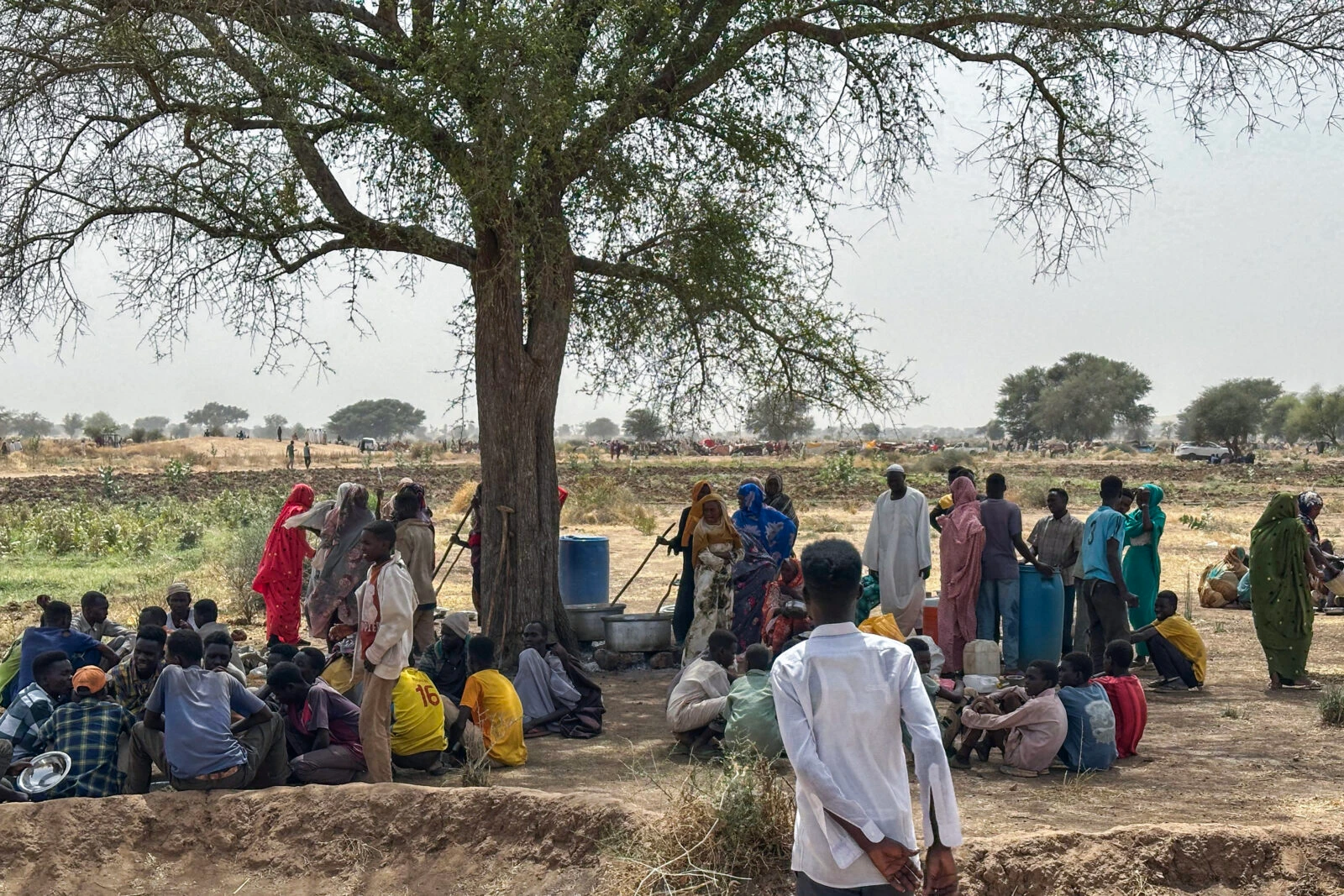
UN calls for ceasefire and protection of civilians
The U.N. mission urged all parties to immediately halt attacks on civilians and to respect international humanitarian law.
“As Sudan enters into its third year of conflict, we must reflect on the catastrophic situation in Sudan and honor the lives of all Sudanese who have been lost or changed forever,” said Mohamed Chande Othman, chair of the Fact-Finding Mission.
“The world has witnessed two years of ruthless conflict, which has trapped millions of civilians in harrowing situations, subjecting them to violations and suffering with no end in sight. Amid the rising tide of hate speech and ethnically driven violence and reprisals, we fear the darkest chapters of this conflict have yet to unfold,” he said.
“This weekend’s mass killings of civilians in Zamzam and Abu Shouk are horrific,” said Mona Rishmawi, a member of the Fact-Finding Mission.
“Deliberate attacks on civilians, medical workers, and healthcare infrastructure amount to international crimes. These acts highlight the urgent need to prevent further escalation and to protect civilians and the lifesaving systems they rely on,” she added.
“States have an obligation not only to respect but also to ensure respect for the Geneva Conventions,” Rishmawi said.
“This means that states should neither finance the war nor provide weapons, as this may encourage, aid, and assist the warring parties in committing violations. Our fact-finding mission already found last year that there are reasonable grounds to believe that both sides have committed war crimes, and with the RSF, also crimes against humanity,” she said.
“The testimonies we have recently received about food insecurity and starvation suggest these conditions may be man made,” said Joy Ngozi Ezeilo, a member of the Fact-Finding Mission.
“The impact of the conflict on all Sudanese, in particular women and children, is severe and long-lasting. Many have lost family members and are left traumatized by the level of violence they have been subjected to without the support they desperately need,” she added.
“This reemphasizes the need for protection of civilians, including humanitarian workers and human rights defenders, humanitarian aid, accountability for these atrocity crimes, and addressing the huge impact of the conflict on the Sudanese civilians through justice and reparations, including socio-psychological support,” she said.
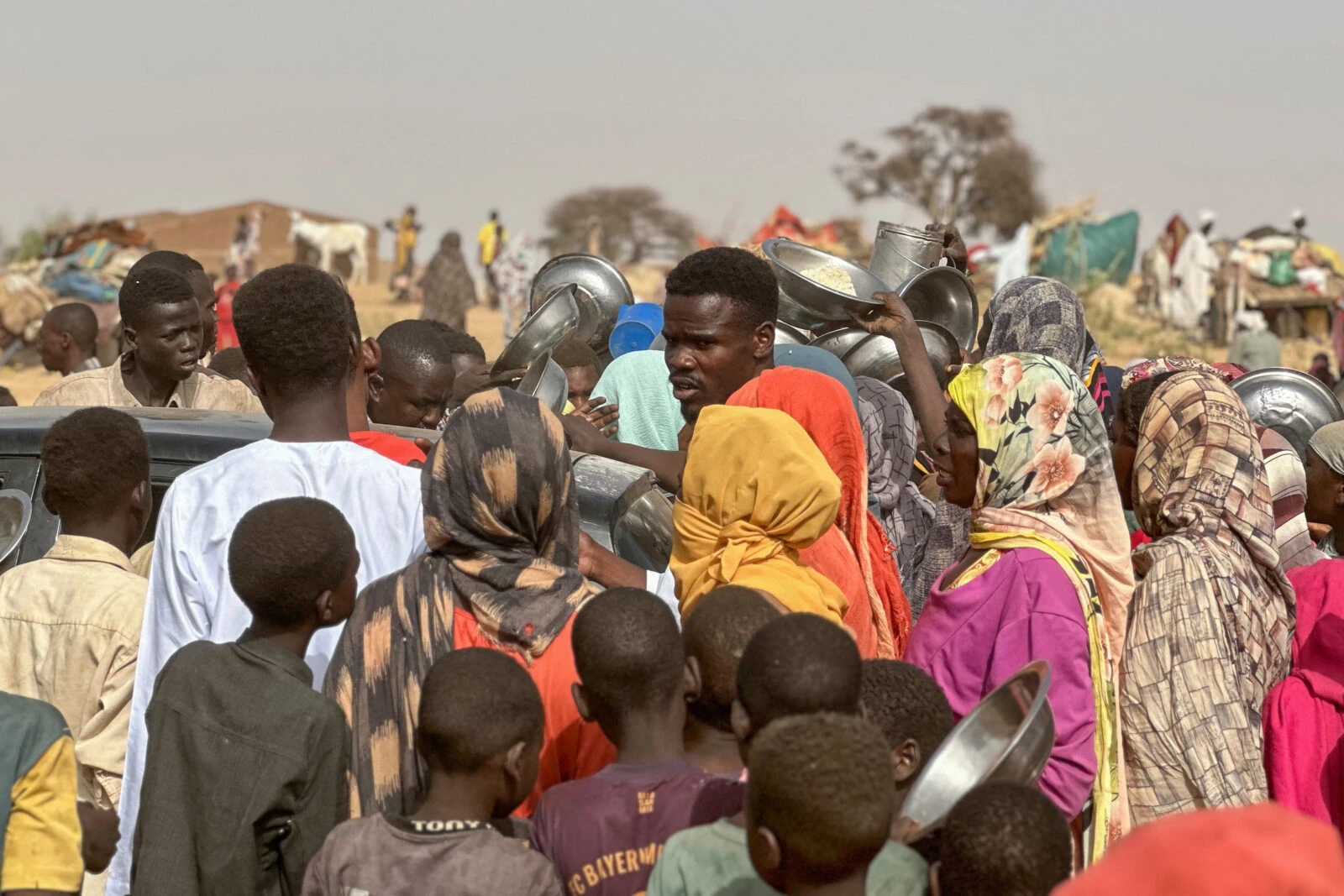
ICRC warns of worsening humanitarian crisis
Mirjana Spoljaric Egger, President of the International Committee of the Red Cross (ICRC), described the situation as catastrophic.
“Civilians are trapped in a nightmare of relentless death and destruction,” Egger said. She highlighted that the conflict, which began in April 2023, has engulfed urban centers and caused widespread devastation across the country.
Egger added that deliberate attacks on hospitals, water stations, and power facilities have made the conflict even deadlier. She emphasized the need for a ceasefire and called for adherence to the rules of war.
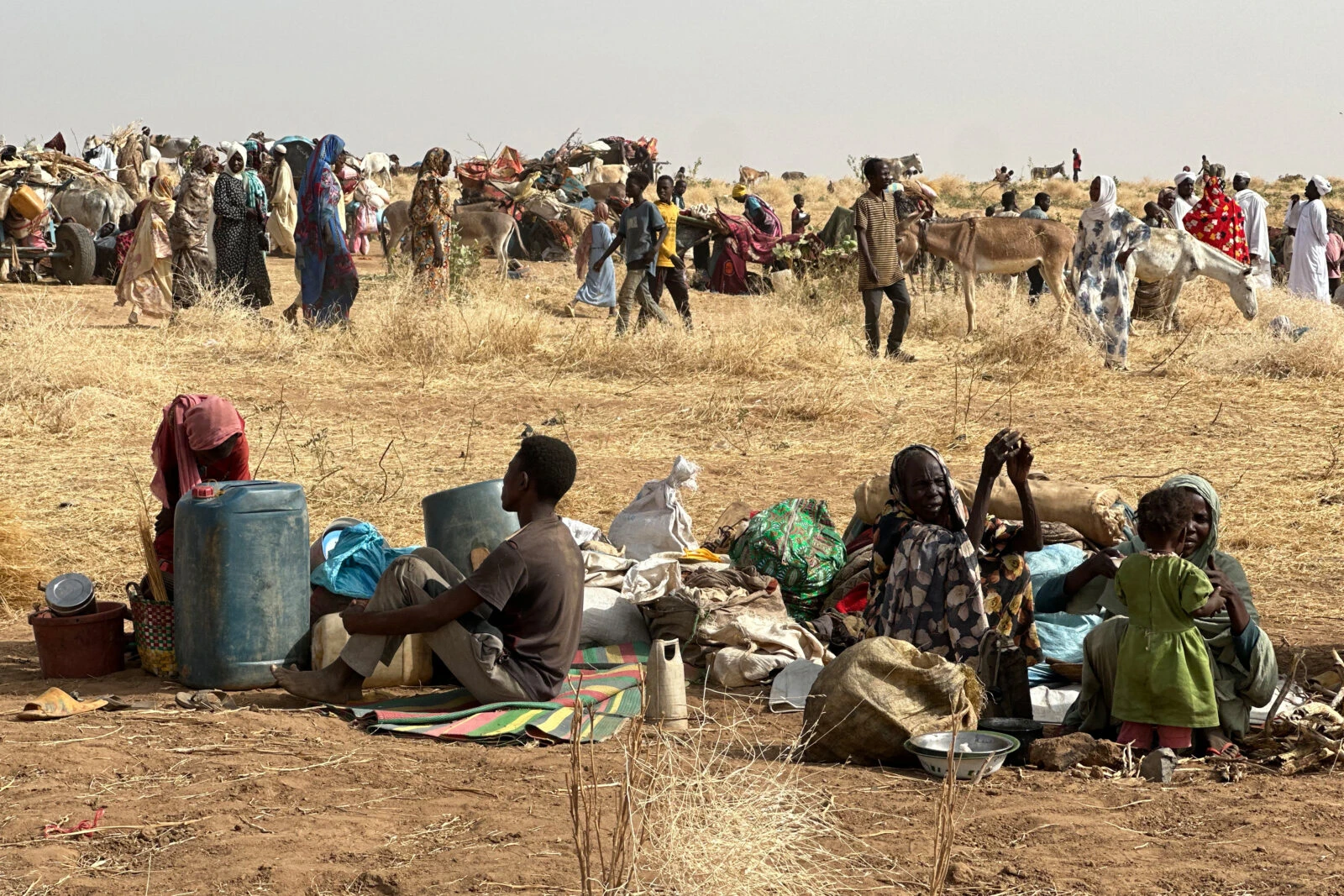
Humanitarian impact: Over 11 million displaced
The Sudanese conflict, now in its third year, has triggered the world’s largest displacement crisis, according to the United Nations.
More than 11 million people have been internally displaced, and nearly 4 million have fled to neighboring countries. Over half of Sudan’s population—more than 30.4 million people—now requires humanitarian assistance.
The country’s health, education, and economic systems have been severely affected. Children face malnutrition, forced displacement, and disease outbreaks, with over 17 million currently out of school.
